Eat This, Not That: The Anti-Inflammatory Swap Guide for Your Pantry
The pantry, often overlooked in the hustle of daily meal preparation, holds the key to transforming not just your meals, but your health. With the rise of chronic inflammation as a common health concern, more people are turning to dietary changes to combat its effects. Anti-inflammatory foods have been shown to reduce inflammation, support overall health, and even enhance the flavor of your meals. This article will explore the strategic swaps you can make in your pantry to incorporate more anti-inflammatory ingredients into your diet. These swaps are not only simple but also delicious, making the journey to better health both enjoyable and sustainable.
1. Swap Refined Sugar with Honey or Maple Syrup

Refined sugar, a staple in many pantries, is known to contribute to inflammation. By swapping it with natural sweeteners like honey or maple syrup, you can enjoy sweetness without the inflammatory consequences. Honey, especially raw or Manuka honey, contains antioxidants and has been used for its medicinal properties for centuries. Maple syrup, on the other hand, is rich in minerals such as zinc and manganese and contains anti-inflammatory polyphenols. These natural sweeteners can be used in baking, cooking, and even in your morning coffee or tea, offering a flavorful alternative that supports your health goals.
2. Replace White Flour with Almond or Coconut Flour
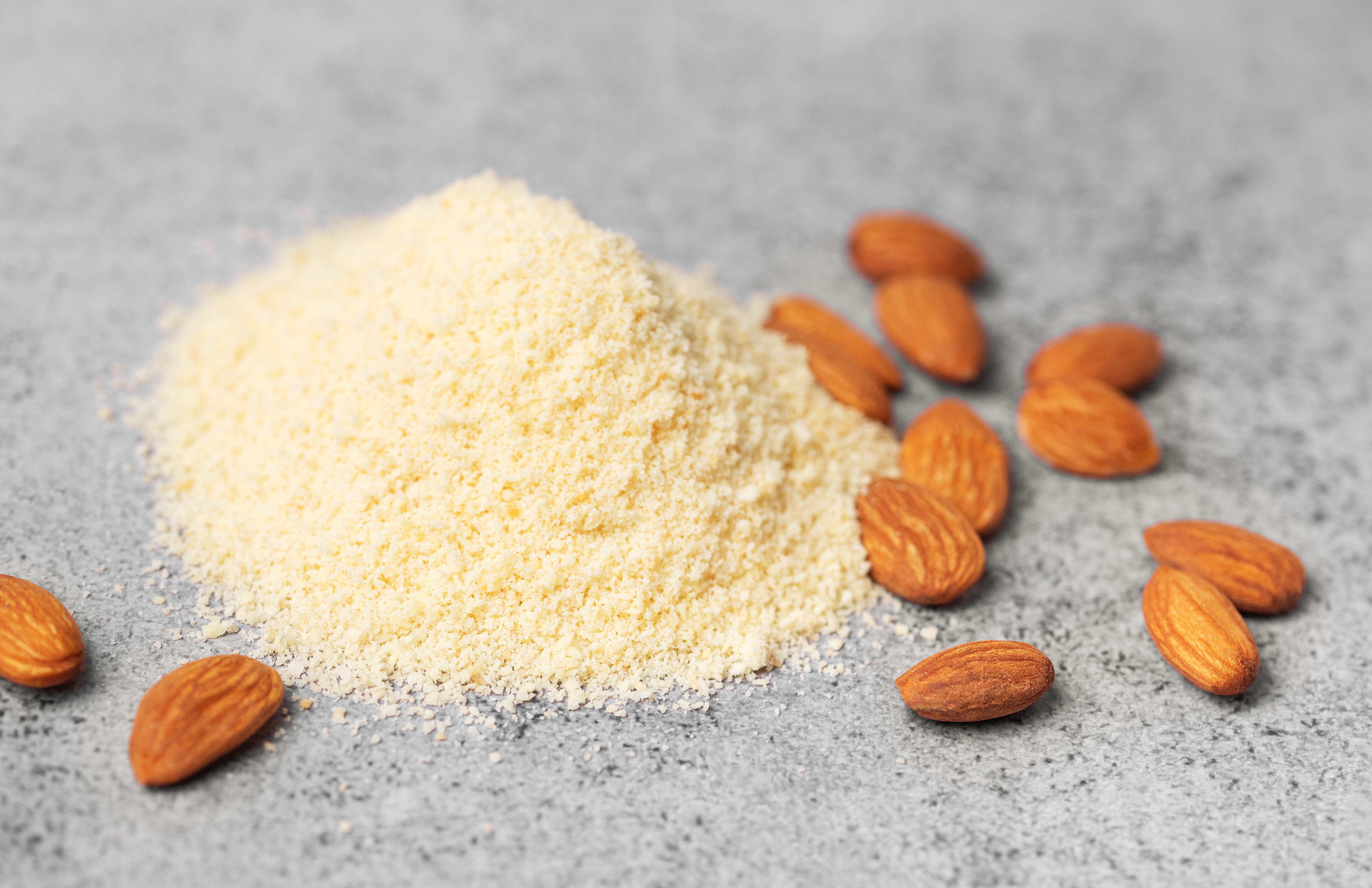
White flour is another common pantry item that can contribute to inflammation due to its high glycemic index and lack of nutrients. Almond and coconut flours are excellent alternatives. Almond flour, made from ground almonds, is rich in vitamin E and healthy fats, which help reduce inflammation. Coconut flour, derived from dried coconut meat, is high in fiber and has a low glycemic index, making it a great option for those looking to manage blood sugar levels. Both flours can be used in a variety of recipes, from pancakes to cookies, providing a nutritious and delicious base for your culinary creations.
3. Choose Whole Grains Over Refined Grains
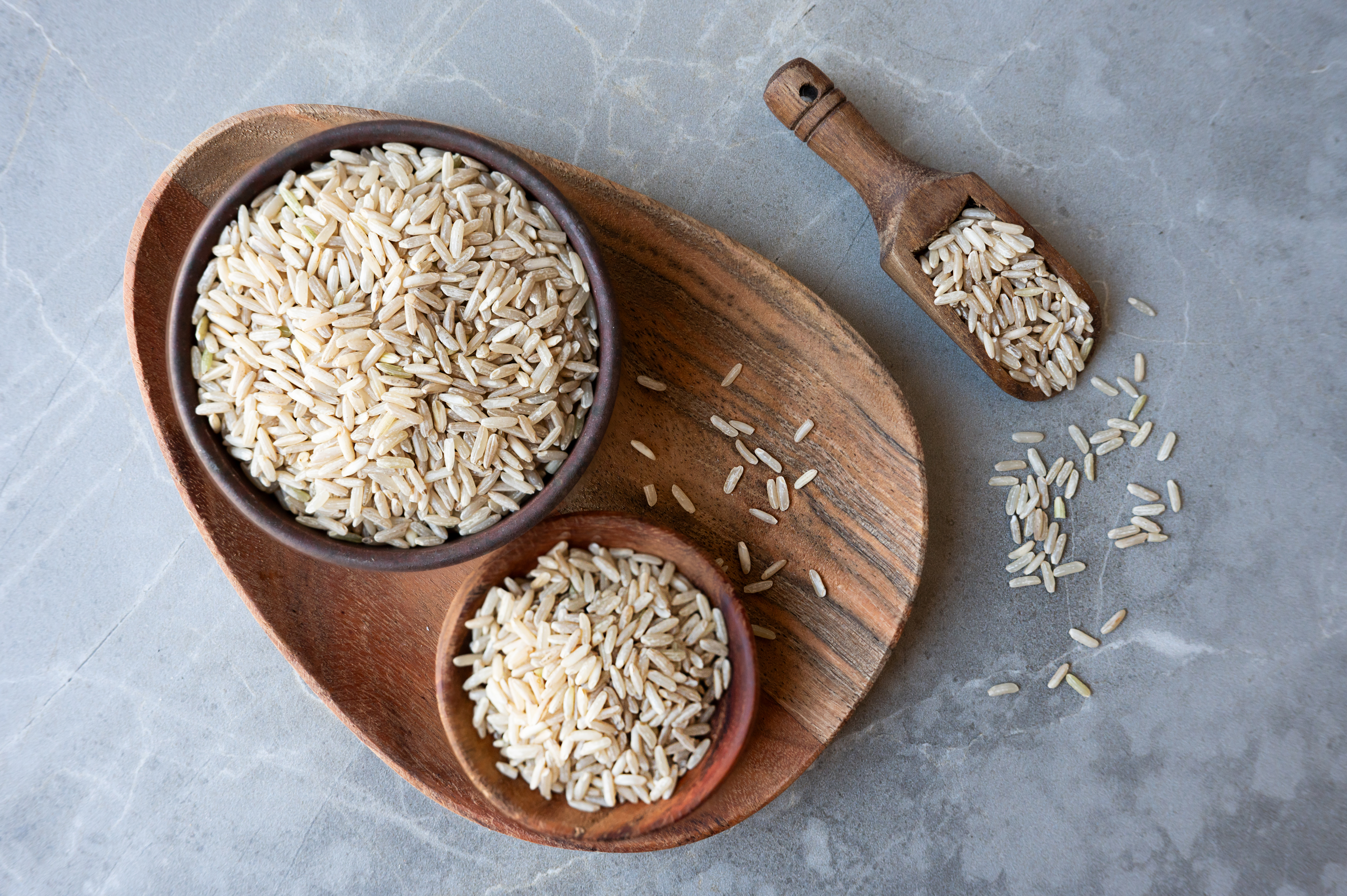
Refined grains, such as white rice and pasta, have been stripped of their beneficial nutrients and can promote inflammation. Whole grains, like quinoa, brown rice, and whole wheat pasta, are packed with fiber, vitamins, and minerals. They help maintain stable blood sugar levels and support digestive health. By making this simple swap, you can enhance the nutritional profile of your meals while promoting an anti-inflammatory diet. Whole grains can be easily incorporated into your meals as a base for salads, bowls, or as a side dish, providing a hearty and satisfying component to your diet.
4. Opt for Extra Virgin Olive Oil Instead of Vegetable Oils
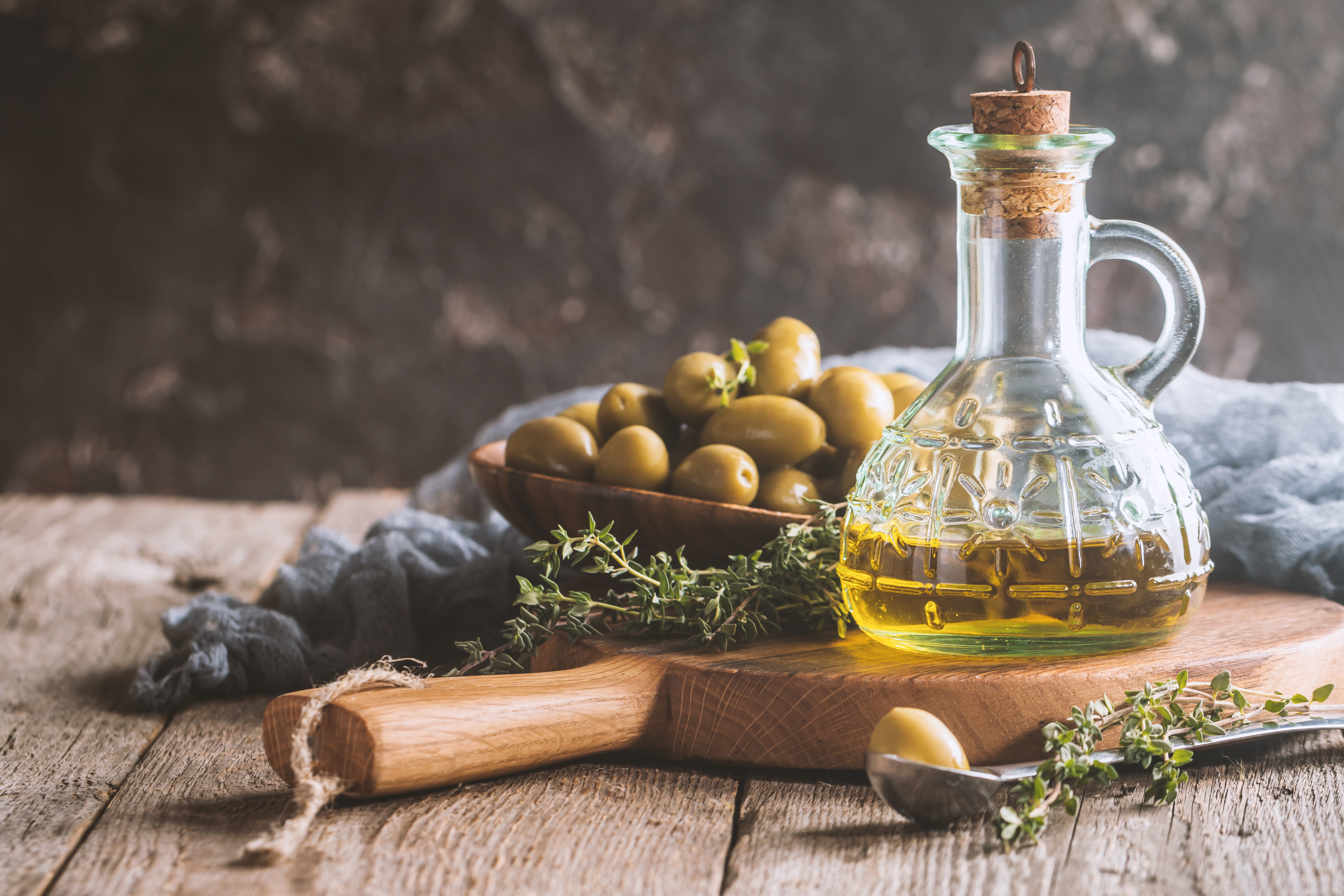
Vegetable oils, such as canola or soybean oil, are high in omega-6 fatty acids, which can promote inflammation when consumed in excess. Extra virgin olive oil, a staple of the Mediterranean diet, is rich in monounsaturated fats and antioxidants, particularly oleocanthal, which has anti-inflammatory properties similar to ibuprofen. This oil not only enhances the flavor of your dishes but also supports heart health and reduces inflammation. Use it as a base for salad dressings, for sautéing vegetables, or drizzling over finished dishes to add a touch of healthy, flavorful richness.
5. Incorporate More Fatty Fish Instead of Red Meat
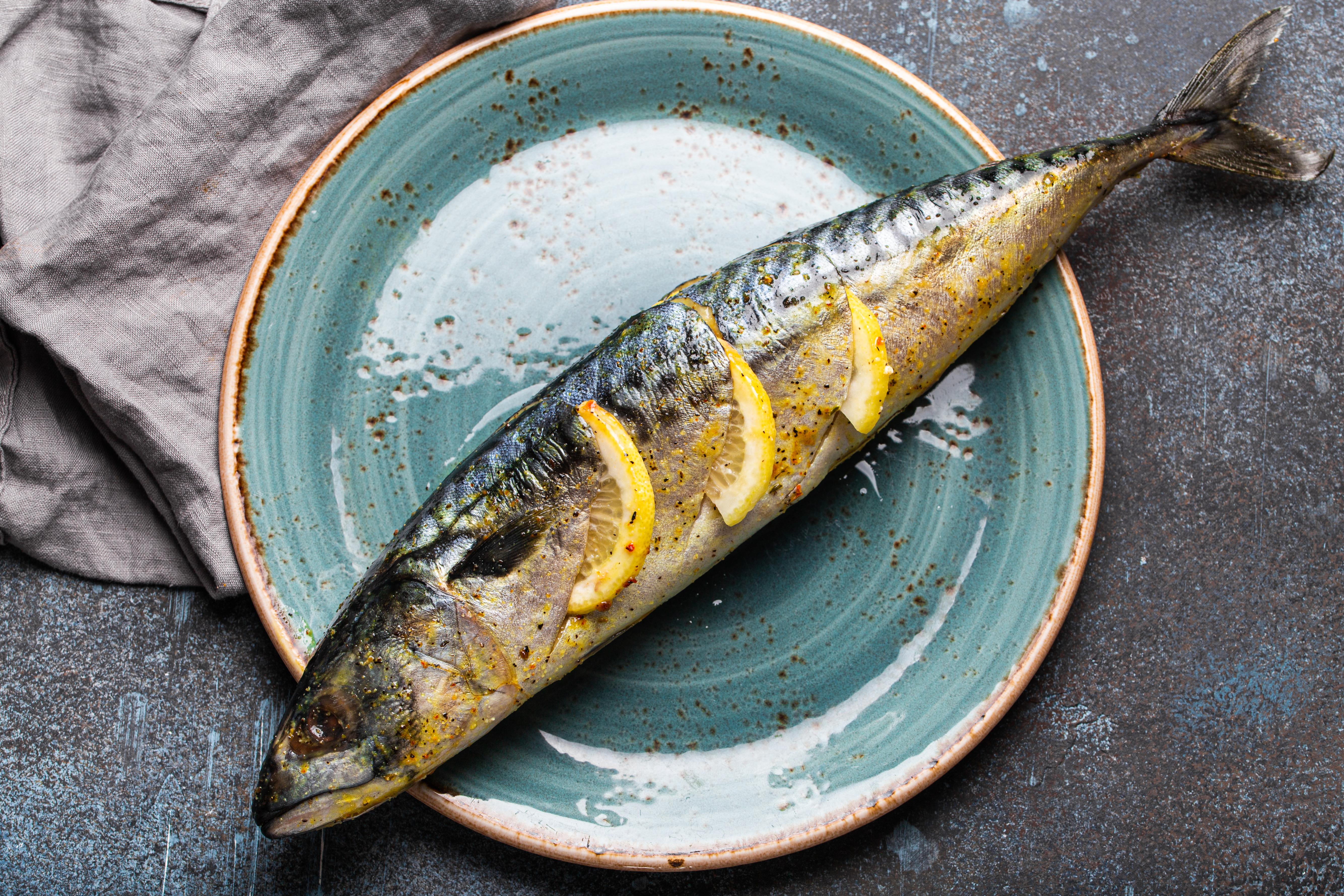
Red meat, particularly when processed, can contribute to inflammation and is often linked to various health issues. Fatty fish, such as salmon, mackerel, and sardines, are rich in omega-3 fatty acids, which are known for their anti-inflammatory effects. These healthy fats support heart health, brain function, and reduce inflammation throughout the body. Incorporating fatty fish into your diet a few times a week can significantly improve your overall health. Grill, bake, or poach these fish for a delicious main course, or add them to salads and sandwiches for a nutrient-packed meal.
6. Use Herbs and Spices Instead of Salt

Excessive salt intake can lead to inflammation and high blood pressure. Herbs and spices are a flavorful and healthful alternative, offering a myriad of anti-inflammatory benefits. Turmeric, ginger, garlic, and cinnamon, for example, are powerful anti-inflammatories that can enhance the taste of your dishes while supporting your health. These ingredients can be used in a variety of cuisines, from curries to soups to baked goods, providing depth and complexity to your meals without the need for additional salt. Experiment with different combinations to discover new flavors and health benefits.
7. Swap Dairy Milk with Plant-Based Alternatives
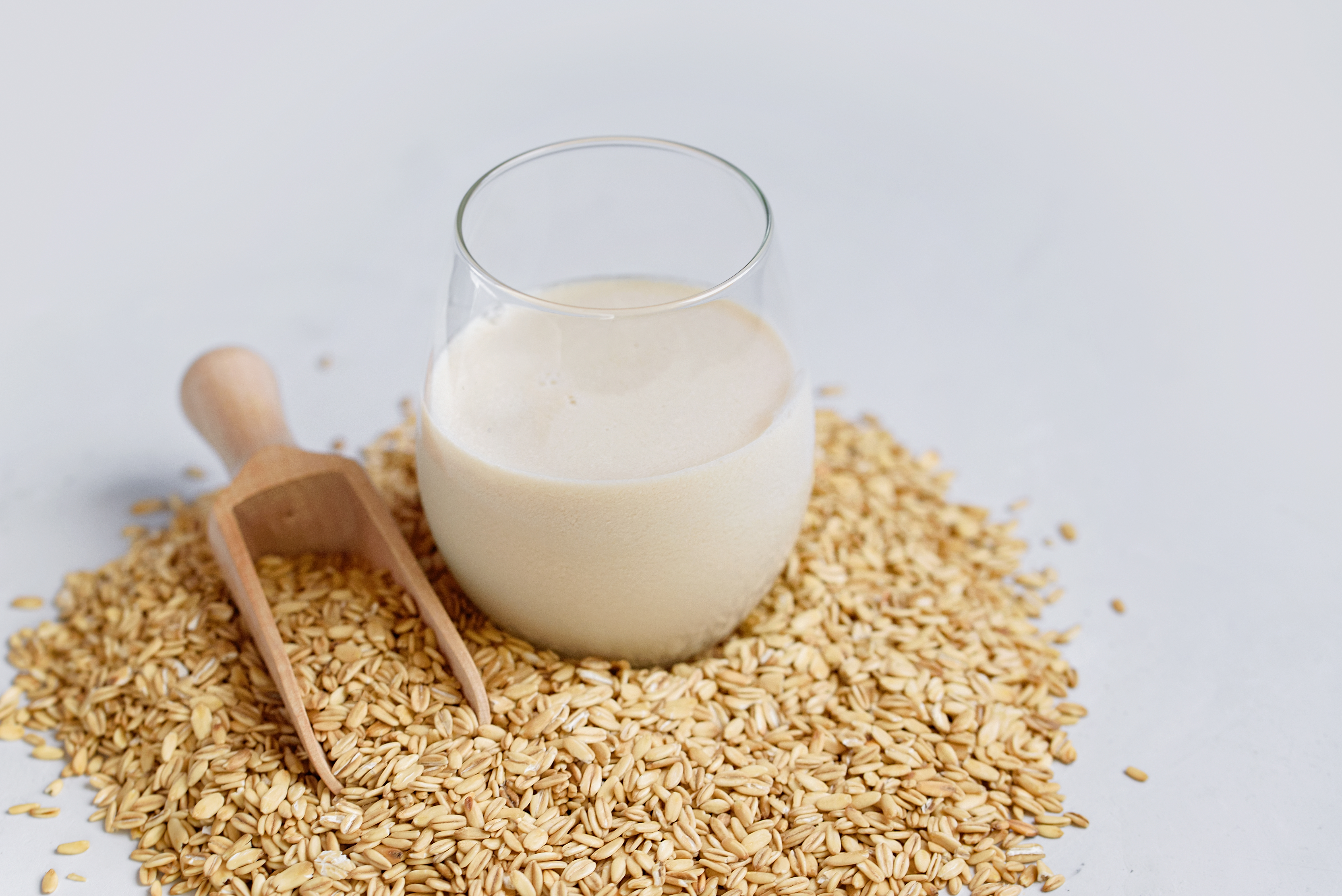
Dairy milk can be inflammatory for some individuals, particularly those who are lactose intolerant or sensitive to dairy proteins. Plant-based milks, such as almond, oat, or coconut milk, offer a nutritious alternative that is often fortified with vitamins and minerals. These milks are lower in calories and saturated fats, making them a heart-healthy choice. Use them in your morning coffee, smoothies, or as a base for creamy soups and sauces. Each variety of plant-based milk has a unique flavor profile, allowing you to choose one that best fits your taste preferences and dietary needs.
8. Replace Processed Snacks with Nuts and Seeds
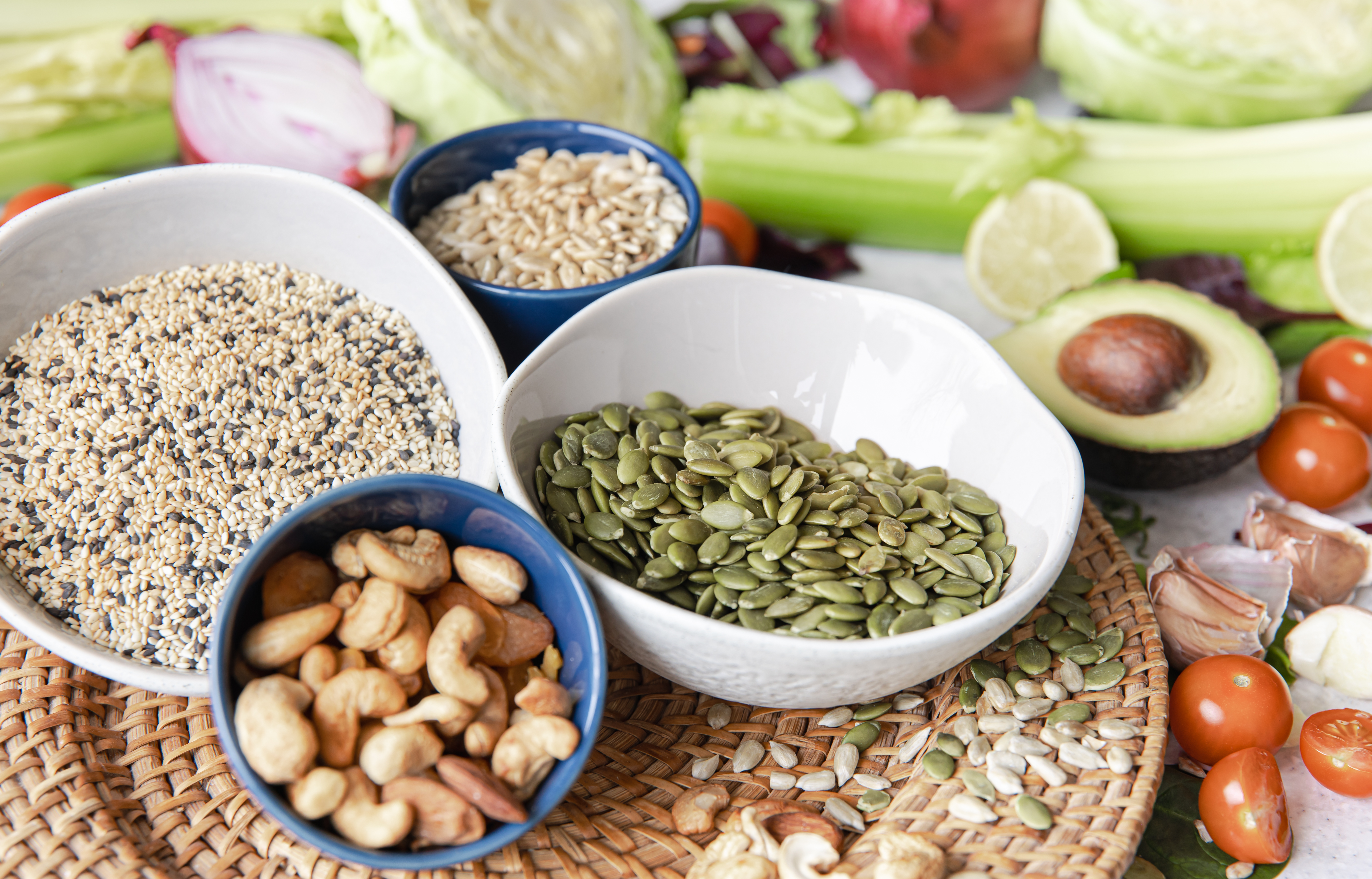
Processed snacks, often high in unhealthy fats and sugars, can promote inflammation and provide little nutritional value. Nuts and seeds, such as almonds, walnuts, chia seeds, and flaxseeds, are excellent sources of healthy fats, protein, and fiber. They contain anti-inflammatory compounds, such as omega-3 fatty acids and antioxidants, which support heart health and reduce inflammation. Keep a stash of mixed nuts and seeds in your pantry for a quick, satisfying snack, or add them to salads, yogurt, or oatmeal for an extra nutritional boost. These versatile ingredients can enhance both the flavor and health benefits of your meals.
9. Choose Dark Chocolate Over Milk Chocolate

Milk chocolate, often laden with sugar and dairy, can contribute to inflammation. Dark chocolate, particularly varieties with 70% cocoa or higher, is rich in antioxidants and has been shown to have anti-inflammatory effects. It contains flavonoids, which support heart health and improve blood flow. Enjoy dark chocolate as a satisfying dessert or snack, or use it in baking to add depth and richness to your recipes. Its bold flavor pairs well with fruits, nuts, and spices, allowing you to create indulgent yet health-conscious treats that satisfy your sweet tooth while supporting your health.
10. Embrace Fresh Fruits and Vegetables Instead of Canned
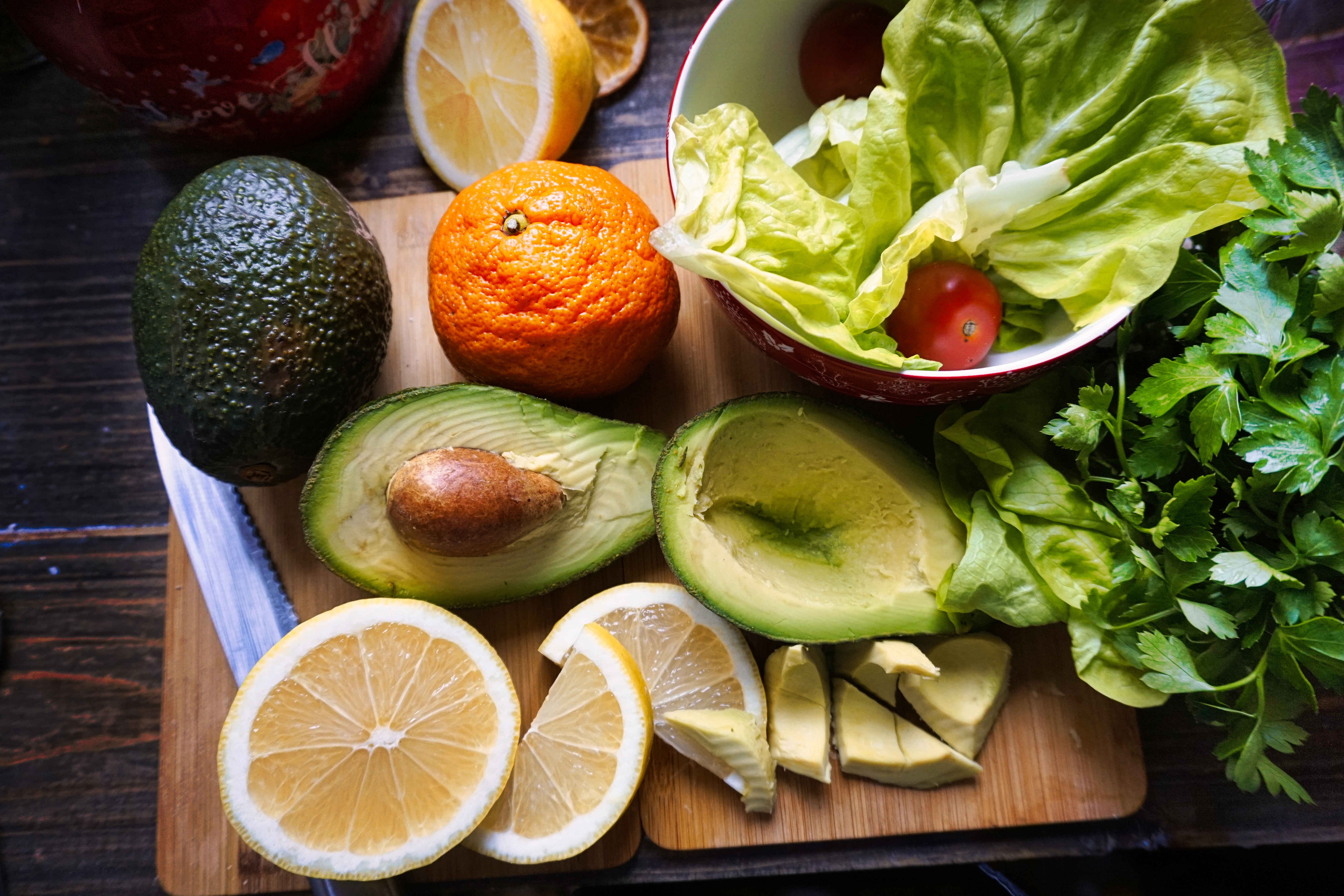
Canned fruits and vegetables often contain added sugars, sodium, and preservatives that can contribute to inflammation. Fresh produce, on the other hand, is packed with vitamins, minerals, and antioxidants that support overall health and reduce inflammation. Incorporating a variety of colorful fruits and vegetables into your diet ensures you receive a wide range of nutrients and phytochemicals that promote wellness. Enjoy them raw, steamed, roasted, or blended into smoothies to maximize their health benefits. By prioritizing fresh produce, you can enhance the flavor, texture, and nutritional value of your meals.
A Delicious Path to Better Health

Transforming your pantry with these anti-inflammatory swaps is a powerful step toward better health. Each change not only reduces inflammation but also enhances the flavor and nutritional profile of your meals. By embracing natural sweeteners, whole grains, healthy fats, and fresh produce, you create a pantry that supports wellness and culinary creativity. These swaps are simple yet impactful, making it easy to incorporate them into your daily routine. As you embark on this journey, you'll discover that eating for health doesn't mean sacrificing taste. Instead, it opens up a world of delicious possibilities that nourish both body and soul.